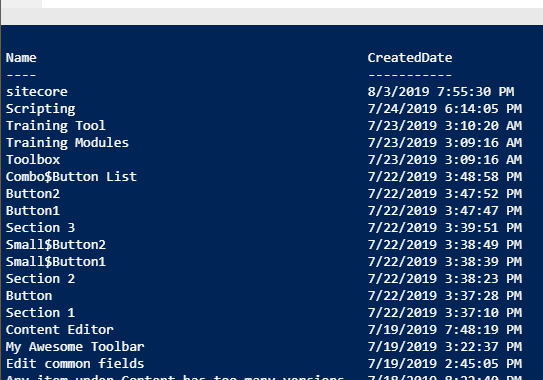Consider researching Solr functions. My experience has used a hard-coded field name with solr field extension. Perhaps you can figure out how to make this more dynamic.
First you can start by adding a new field to your CustomSearchResultItem class.
[IndexField("_val_")]
public string _val_ { get; set; }
Second you can write a query using the new field.
var query = PredicateBuilder.True();
query = query.And(x => x._val_.Equals("recip(abs(ms(NOW/HOUR,startdate_tdt)),3.16e-11,4,.4)"));
What this query should do is rank the results higher when the date is close to today, and then rank lower the further away it is.
Here is a simple demonstration while using Sitecore PowerShell Extensions against Solr.
$criteria = @(
@{Filter = "Equals"; Field = "_val_"; Value = "recip(abs(ms(NOW/HOUR,__smallcreateddate_tdt)),3.16e-11,4,.4)"}
)
$props = @{
Index = "sitecore_master_index"
Criteria = $criteria
}
Find-Item @props | Select-Object Name,CreatedDate
I used CreatedDate and so I don't expect any future dates.
